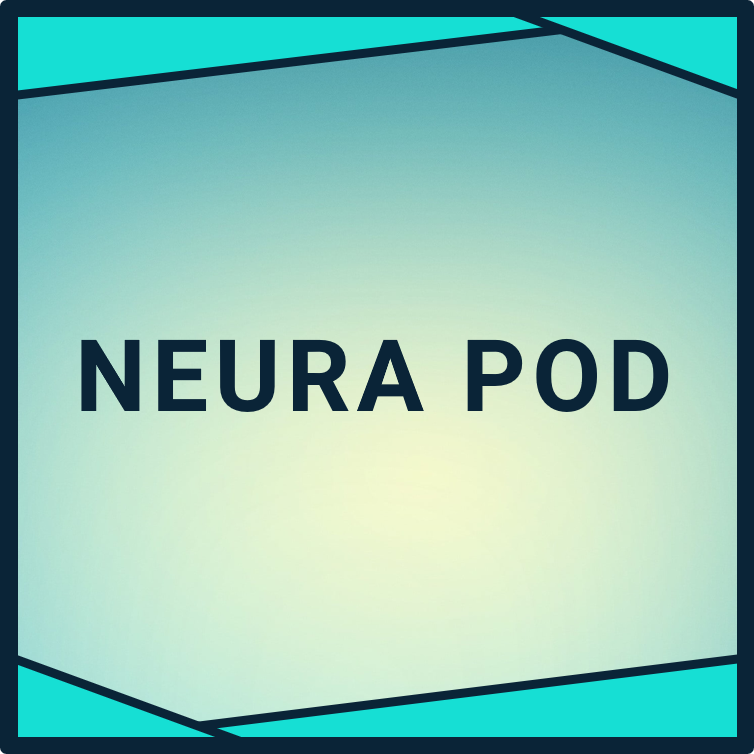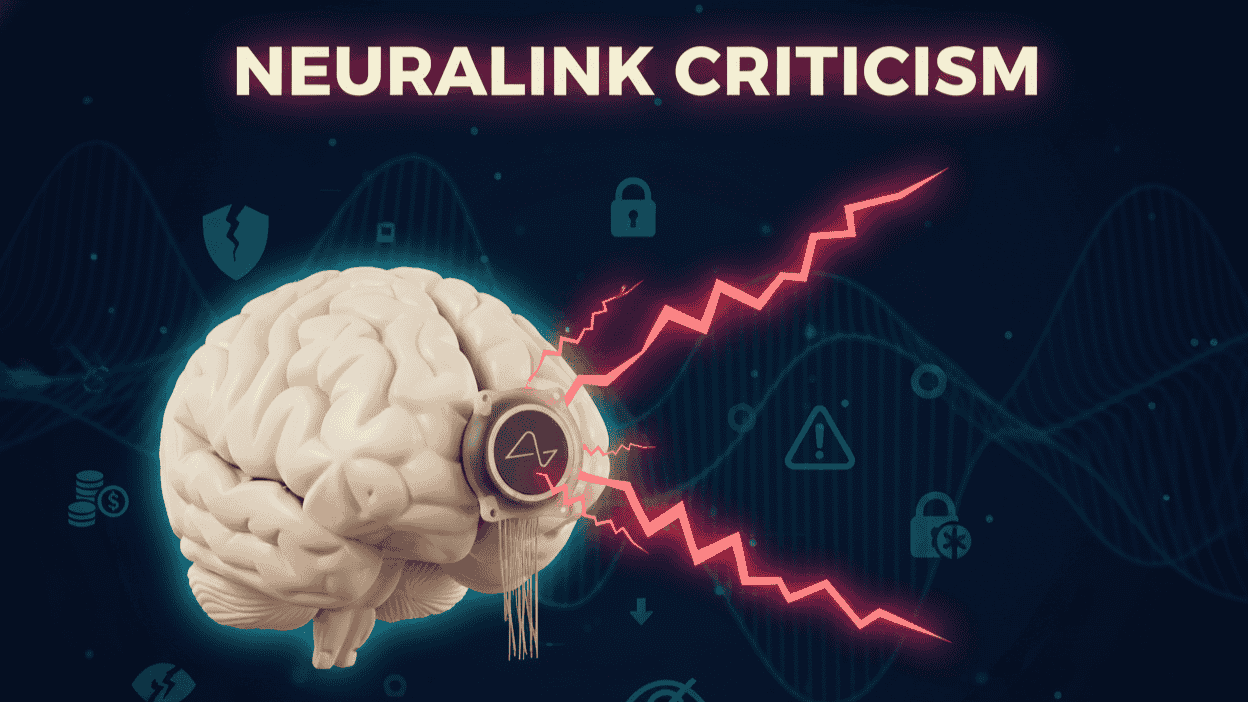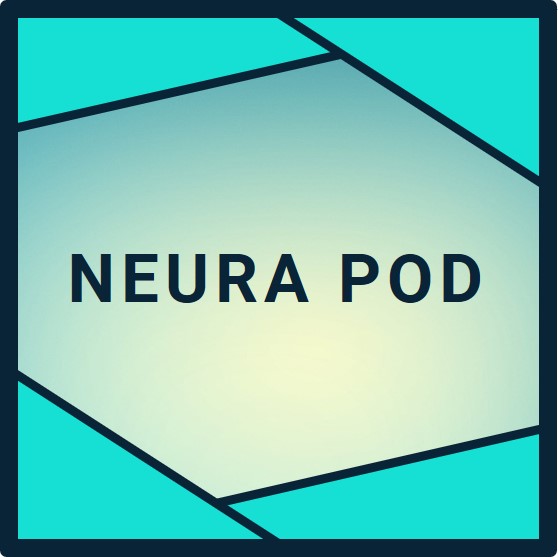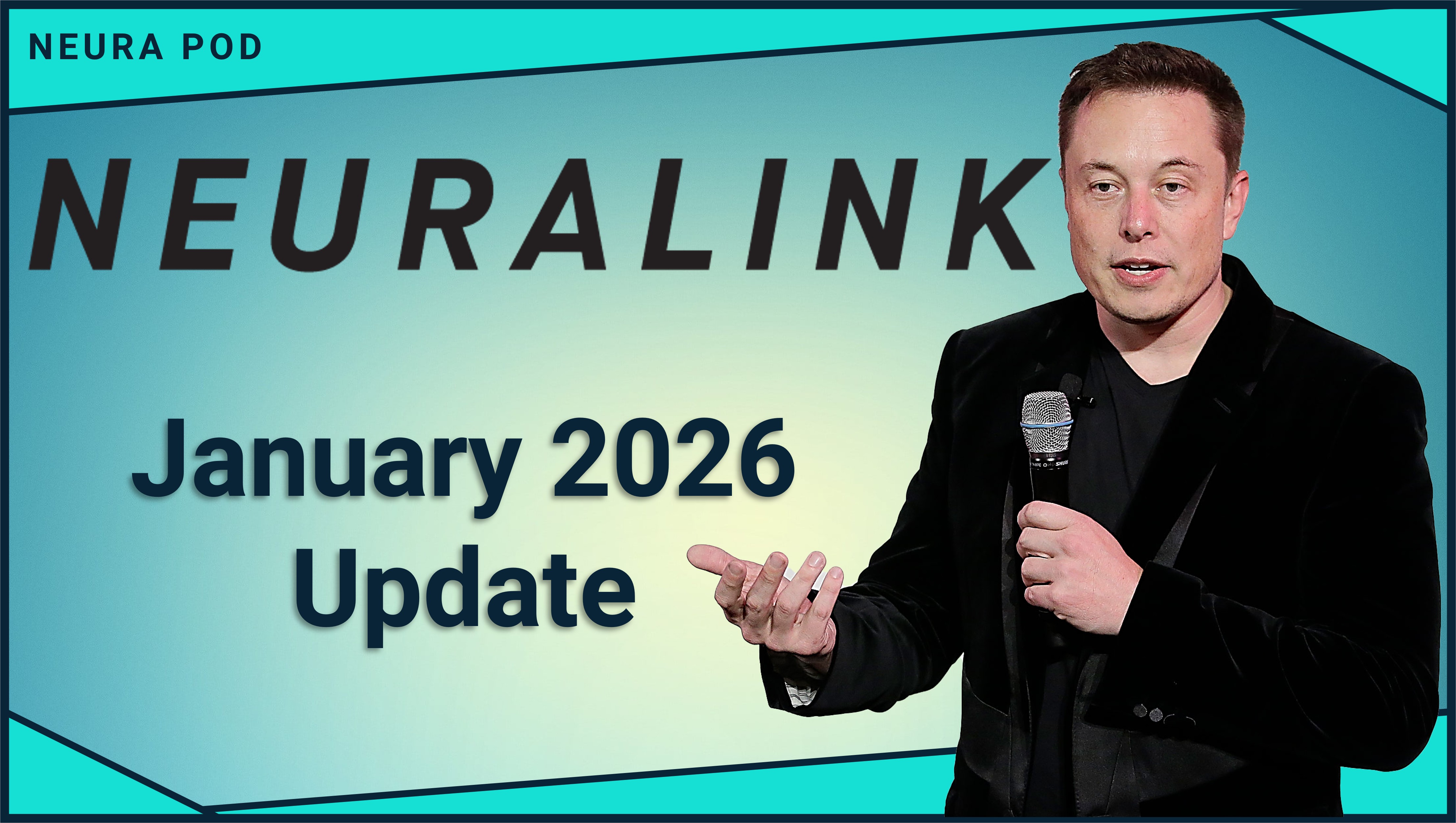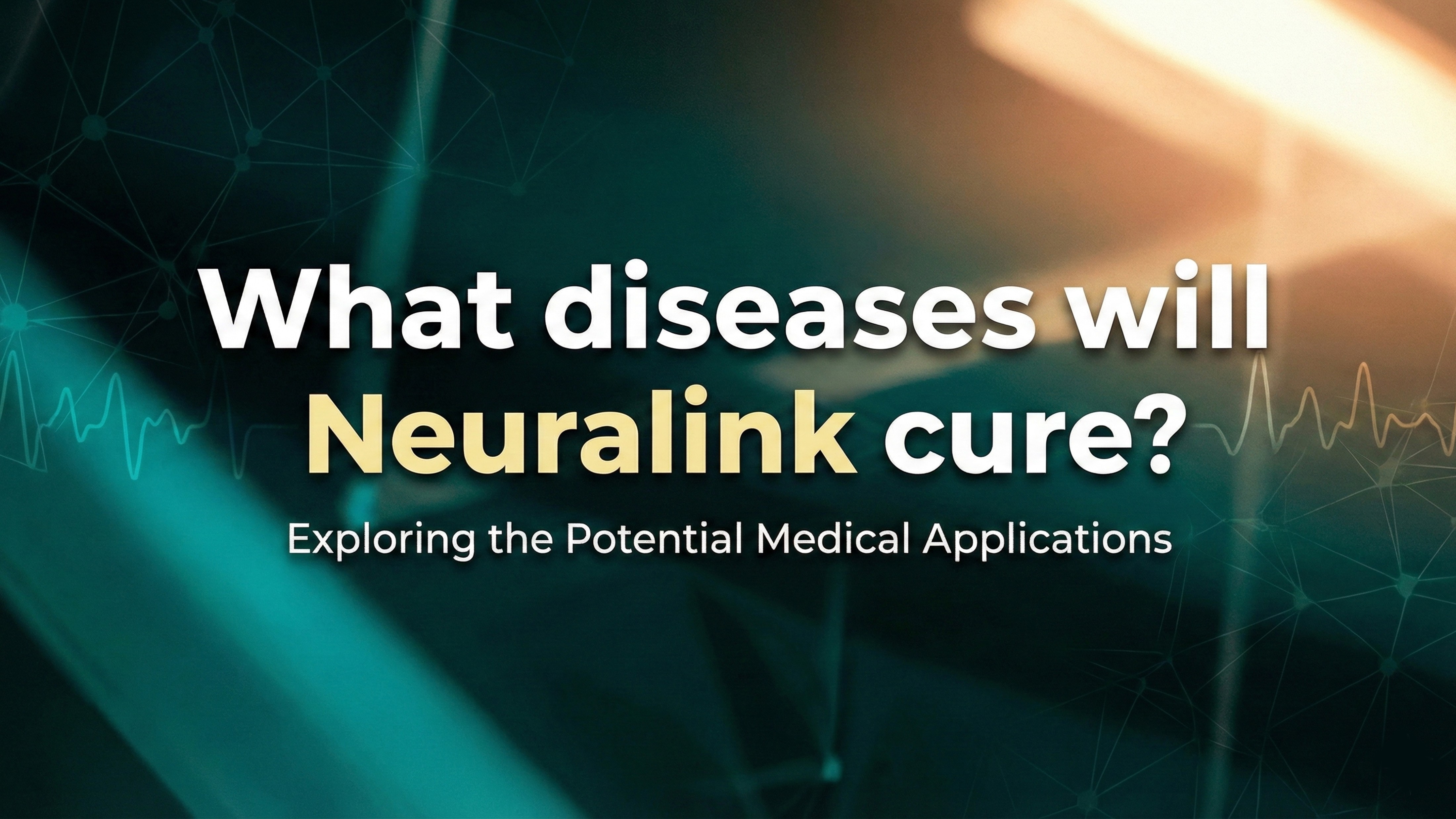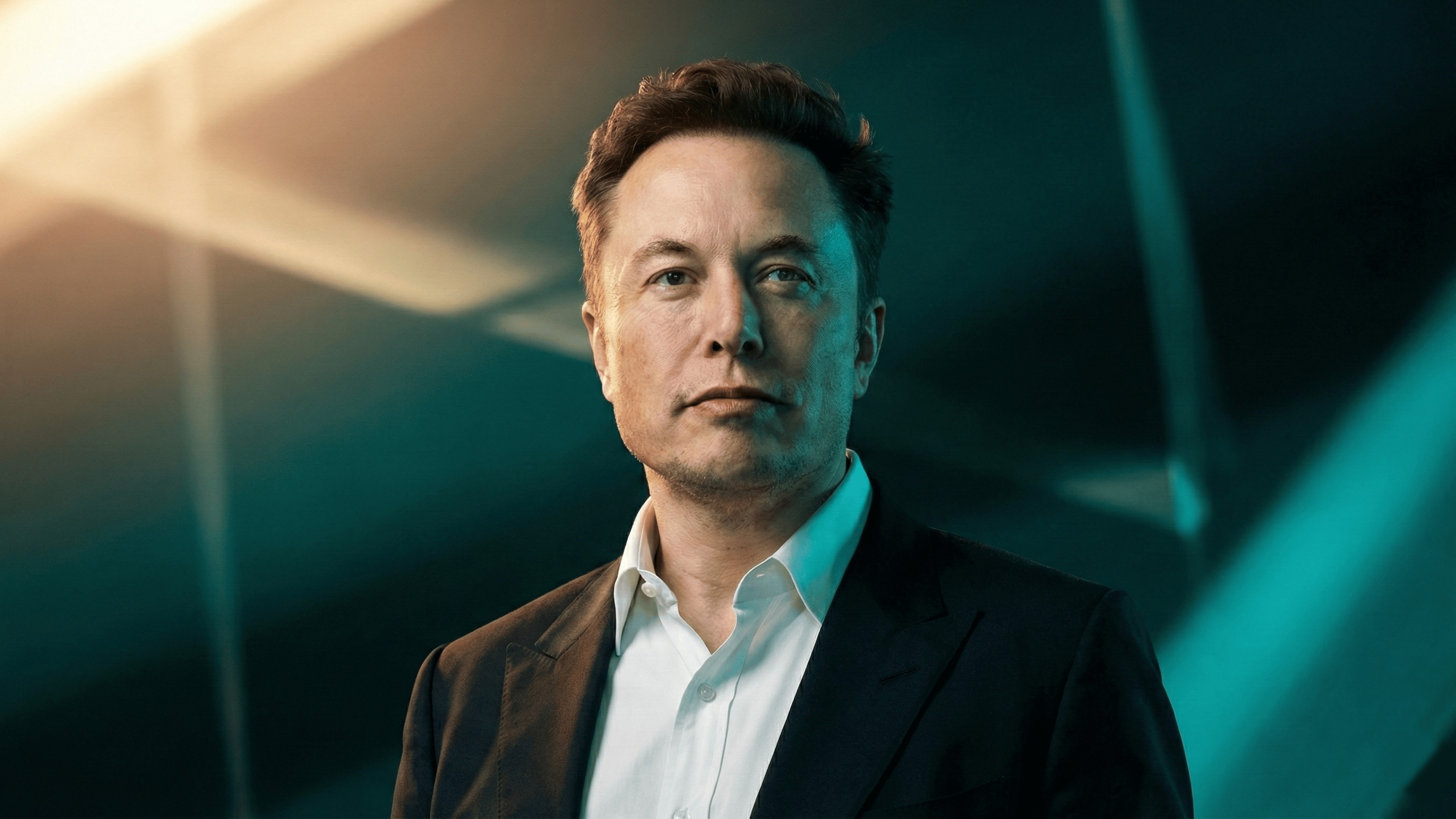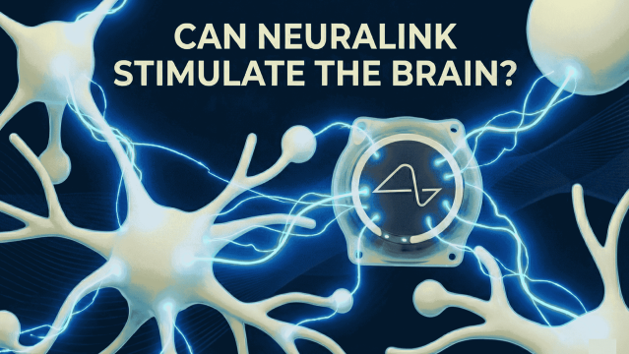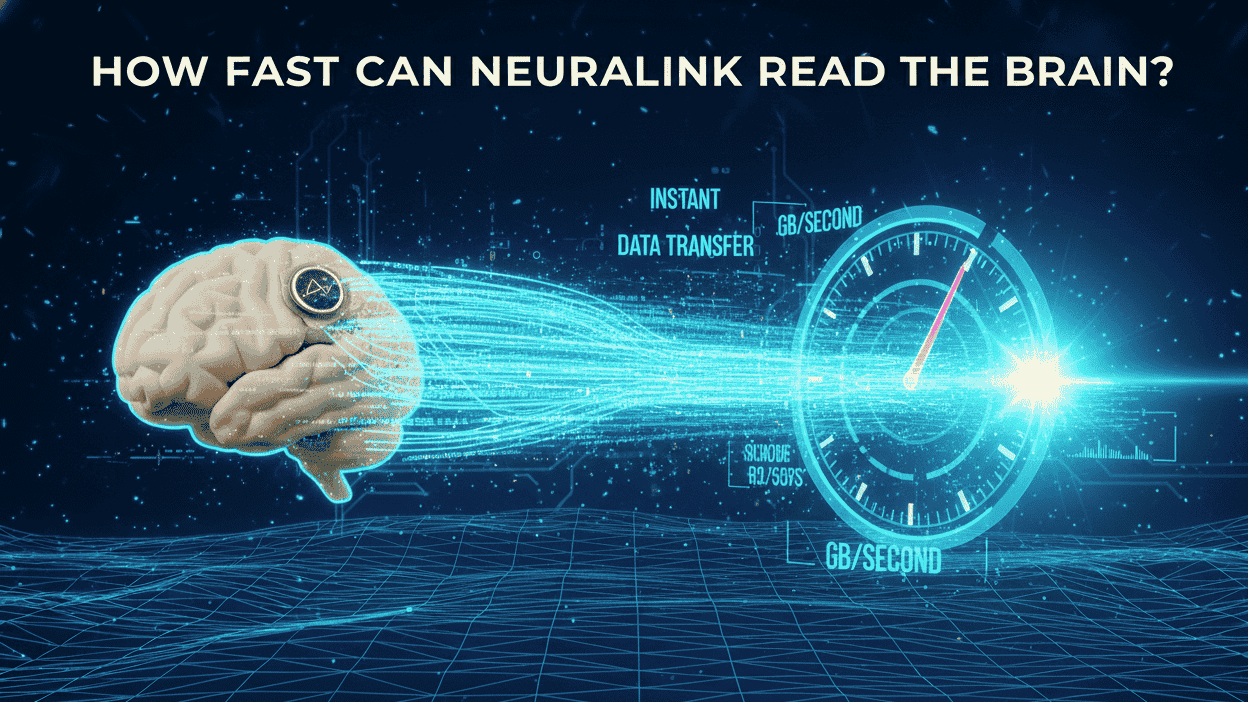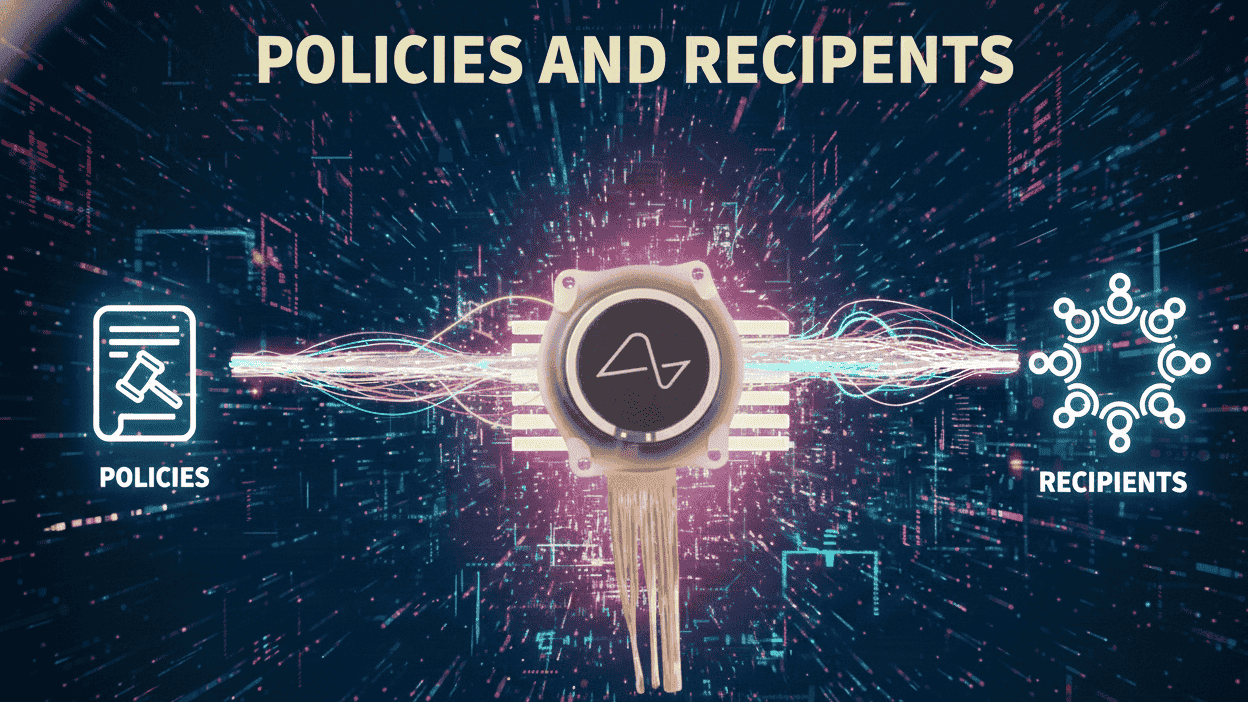- Neuralink brain implant faces criticism mainly from past animal testing reports and early FDA safety reviews during development.
- Elon Musk responds by detailing welfare improvements and highlighting zero serious issues in over 15,000 human trial hours.
- Neuralink addresses transparency concerns through peer-reviewed papers and patient success stories as trials expand globally.
Animal Testing Controversies
Neuralink brain implant development involved animal studies to refine the N1 device before human use. Reports surfaced in 2022 claiming over 1,500 animals, including monkeys, pigs, and sheep, died during testing. Critics pointed to grueling procedures, with some monkeys undergoing multiple skull surgeries before euthanasia. A Physicians Committee for Responsible Medicine filing alleged unnecessary suffering, fueling public backlash.
FDA inspections in 2024 cited an external lab for record-keeping lapses and conditions during Neuralink work. Whistleblowers claimed rushed timelines increased complications, deviating from standard practices. These issues drew scrutiny from lawmakers, who questioned human trial readiness.
Elon Musk clarified that euthanized monkeys suffered from terminal illnesses unrelated to implants, like chronic infections. Neuralink published a 2022 blog outlining welfare protocols, including veterinary oversight and humane endpoints. By 2025, focus shifted to human data, with no new major complaints.
FDA Scrutiny and Safety Challenges
The FDA rejected Neuralink's initial 2022 human trial application over concerns like thread migration in brains and battery risks. Approval came in May 2023 after revisions. Critics argued animal welfare lapses undermined safety claims.
In PRIME Study, first patient Noland Arbaugh faced 85% electrode retraction, but software fixes restored performance without surgery. No infections or device failures occurred across four patients by October 2025. UK patient Paul Hutchings controlled computers hours post-implant.
Elon Musk emphasized the R1 robot's precision, unachievable by humans, for safe insertions. FDA-monitored data shows stable signals, with bandwidth exceeding 10 bits per second.
Transparency and Ethical Questions
Scientists criticized Neuralink for bypassing peer review, relying on X updates over publications. Trials were not initially listed on ClinicalTrials.gov, raising oversight doubts. Ethical worries include privacy from bidirectional stimulation and potential inequality in enhancements.
A July 2025 report alleged Neuralink falsified federal forms for disadvantaged business status, though unconfirmed. Broader concerns question hype around telepathy and AI symbiosis.
Neuralink countered with a first peer-reviewed paper submitted to the New England Journal of Medicine in October 2025, detailing three patients' safety metrics.
Neuralink's Responses and Improvements
Elon Musk addressed criticisms directly on X, stressing medical necessity and progress. The company improved thread coatings to prevent retraction and shifted shallower insertions. Patient Registry surpassed 10,000 applicants, prioritizing quadriplegia cases.
Global expansion to Canada, UK, and UAE includes rigorous ethics reviews. CONVOY Study patients like Alex control robotic arms precisely. Elon Musk announced Noland's potential dual implant for enhanced capabilities.
These steps build trust, with patients reporting life-changing autonomy.
Path Forward Under Elon Musk's Leadership
Elon Musk guides Neuralink toward 10,000 channels, enabling Blindsight vision and speech restoration. Trials aim for dozens more implants next year. Regulatory wins, like MHRA approval, affirm safety.
Criticisms, largely pre-human, fade against results: 15,000 incident-free hours. Elon Musk's focus on scalability ensures broad access post-approval.
TL;DR
Neuralink brain implant draws criticism from past animal testing and FDA hurdles, but Elon Musk's team responds with welfare upgrades, software fixes, and peer-reviewed data. Patients like Noland thrive, controlling devices at superhuman speeds. As of October 31, 2025, global trials expand safely, proving transformative potential for paralysis and beyond. Elon Musk positions Neuralink to restore lives today and enhance humanity tomorrow.
